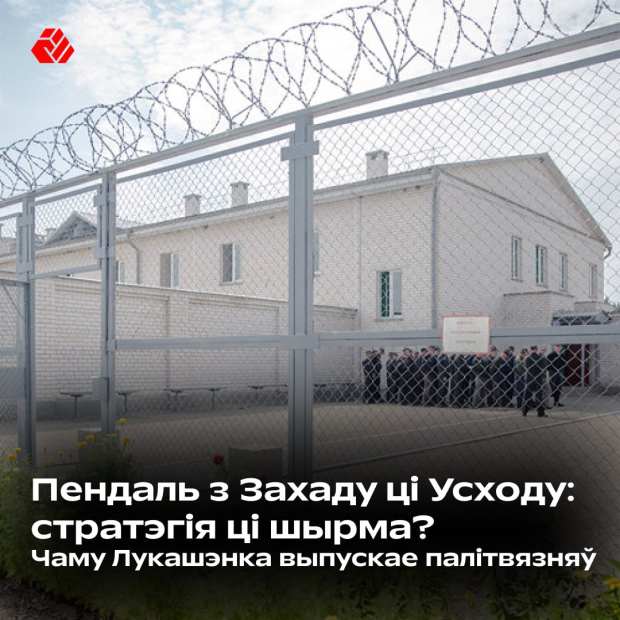On August 16, and September 4 Lukashenko signed a decrees pardoning 60 people convicted of “protest-related crimes.” Following this, in early July and now, political prisoners began to be released. This decision to attempt a pardon for political detainees occurred against the backdrop of prolonged protests and international pressure on the regime. Is this an attempt to reduce tension in society and show a willingness to engage in dialogue with opponents? A new strategy of the bloody ruler? And how will this affect political prisoners? On how the whole picture looks, reflect Andrei Strizhak, Marina Kosinerova, and Alexander Dobravolsky.
We have already looked into the process of pardoning in the article “Bulling and Pressure: How the Process of Pardoning Political Prisoners Unfolds”. We have already figured out that by releasing some early, the regime throws others behind bars in the article “Migratory birds, Donors, Commentators. Why Are People Being Detained Now?” There, we also documented that:
- Political sentences are handed out almost daily;
- Punishments for political prisoners are being toughened;
- Some are sentenced twice, or even three times, for the same “crime”;
- Additional time is added under Article 411 of the Criminal Code;
- Fake lists of extremists and terrorists are being replenished;
- Harsh treatment continues, with prisoners being denied necessary medical care, tortured in prisons, including by isolating leaders of the Belarusian protest.
What triggered the release of political prisoners?
On August 14, just before the decree was signed, EU High Representative for Foreign Affairs and Security Policy Josep Borrell made a statement saying that the conditions for holding free and fair parliamentary elections in Belarus (scheduled for February 25, 2025) had not been met, and once again called on the Belarusian authorities to release political prisoners. This demand came amid constant pressure on Lukashenko's regime from the EU and other countries, which has been ongoing for several years.
Countries have imposed sanctions against Belarus over human rights violations and its support of Russia in the war against Ukraine in several stages:
-
In 2020, after the rigged presidential elections and the brutal suppression of protests, the EU, the US, Canada, the UK, Switzerland, and other countries imposed sanctions on Lukashenko and his inner circle.
-
In 2021, sanctions were expanded after the forced landing of the Ryanair plane and the arrest of opposition activist Roman Protasevich.
-
After Russia's invasion of Ukraine in 2022, sanctions were further tightened due to Lukashenko’s support for Russia’s aggression.
Did Borrell's statement on August 14, 2024, prompt Lukashenko to pardon political prisoners? It seems so.
But there is an alternative opinion.
Polish President Andrzej Duda, on June 26, discussed with Chinese leader Xi Jinping how Belarus's hybrid attack was affecting Poland's trade opportunities with China and the "Belt and Road Initiative." And shortly after that, a mini-thaw with pardons occurred in Belarus.
“It’s possible that pressure from the eastern flank influenced Lukashenko to make some cosmetic changes in this direction,” says BYSOL head Andrei Strizhak. “Poland has significantly more resources than Belarusian democratic forces,” Strizhak believes, adding that Poland is taking such steps primarily due to the political prisoner Andrzej Poczobut. “It will be interesting to see if, once they secure Poczobut's release, the Poles will push for the release of other political prisoners. Is there any force now that would be interested in the release of Belarusian political prisoners and have enough leverage to pressure the regime?” Strizhak asks.
Real steps toward dialogue or a front for even greater repression?
At first, Pavel Latushko said that the recent months’ increase in repression suggested that the release of political prisoners was just a front.
Then the human rights community confirmed this with facts. In just three days — August 21, 22, and 23 — human rights defenders gave “political prisoner” status to 31 new individuals. And we remember that the pardon decree affects only 30 people. Only 1% of those currently in prison have been pardoned. This was also calculated by human rights defenders.
“Based on our data collected by Dissidentby, we always emphasize the vast difference between those who were detained within a given period and those who were released,” says Marina Kosinerova, co-founder of the Dissidentby initiative. “The number of arrests and new criminal cases far exceeds the number of people released. This shows that the state of human rights in Belarus is not improving today.”
Strizhak echoes Kosinerova's point: “If we talk about numbers, I wouldn’t say we see a decrease in repressive activity. As of late August 2024, there are no large waves of repression. They happened earlier in the year when the relatives of political prisoners were massively harassed. Now they are more localized, like when the capital’s law enforcement raids Berezovka or Lida. There’s no campaign against any specific category. But that doesn’t mean people aren’t being jailed. They are jailed every day! The statistics from ‘Viasna’ and Dissidentby show this. There is no softening, no thaw, no reduction of repression in the country.”
So what is happening? And how will it affect political prisoners — their numbers and conditions?
Interestingly, it seems Lukashenko took into account the humanitarian list developed by the pro-democratic movement (specifically, former political prisoner and United Transitional Cabinet representative Olga Garbunova and organizations supporting political prisoners — now the "Humanitarian Ambulance Service").
Indeed, among those released, there are people from the humanitarian list — those whose health is so poor that imprisonment itself poses a life-threatening risk. But the people from the humanitarian list are a minority among the released, notes Marina Kosinerova. “And those released from the list are a very small percentage of the total number of people on the humanitarian list, which now includes over 250 people.”
Marina Kosinerova calls these pardons “horrific manipulations.” “While welcoming the release of each and every person […], it is unfortunate that part of civil society views such actions as a ‘manifestation of humanity.’”
“This is a game,” says Andrei Strizhak. “And it’s a very costly one because it comes at the expense of human lives.” But he also adds that it is important to be happy for those who have been released and are no longer in prison. The key is not to be deceived by this process or think it changes anything strategically. “I don’t believe this represents a strategic shift. At least nothing suggests a mass amnesty.”
Andrei Strizhak believes that the people released in early July and now, along with the pardon decree, are the results of the work of Lukashenko’s new team. “They are trying to deal with the challenges facing the regime. Without doing anything strategically new — not stopping repression or releasing the majority of prisoners — they are trying to change public opinion and the Western perspective on the regime. To create the impression that some sort of softening is taking place.”
Alexander Dobrovolsky, senior political adviser to Sviatlana Tsikhanouskaya, also believes that these political prisoner pardons are not an act of humanity by Lukashenko. Nor is it a deliberate strategy, as Lukashenko is a tactician, not a strategist. It’s an attempt to make some moves to seemingly satisfy Western demands and then see what comes of it.
Will at least 100 political prisoners be released as a result? It remains unclear. And the hopes are not high.


 Continue
Continue
